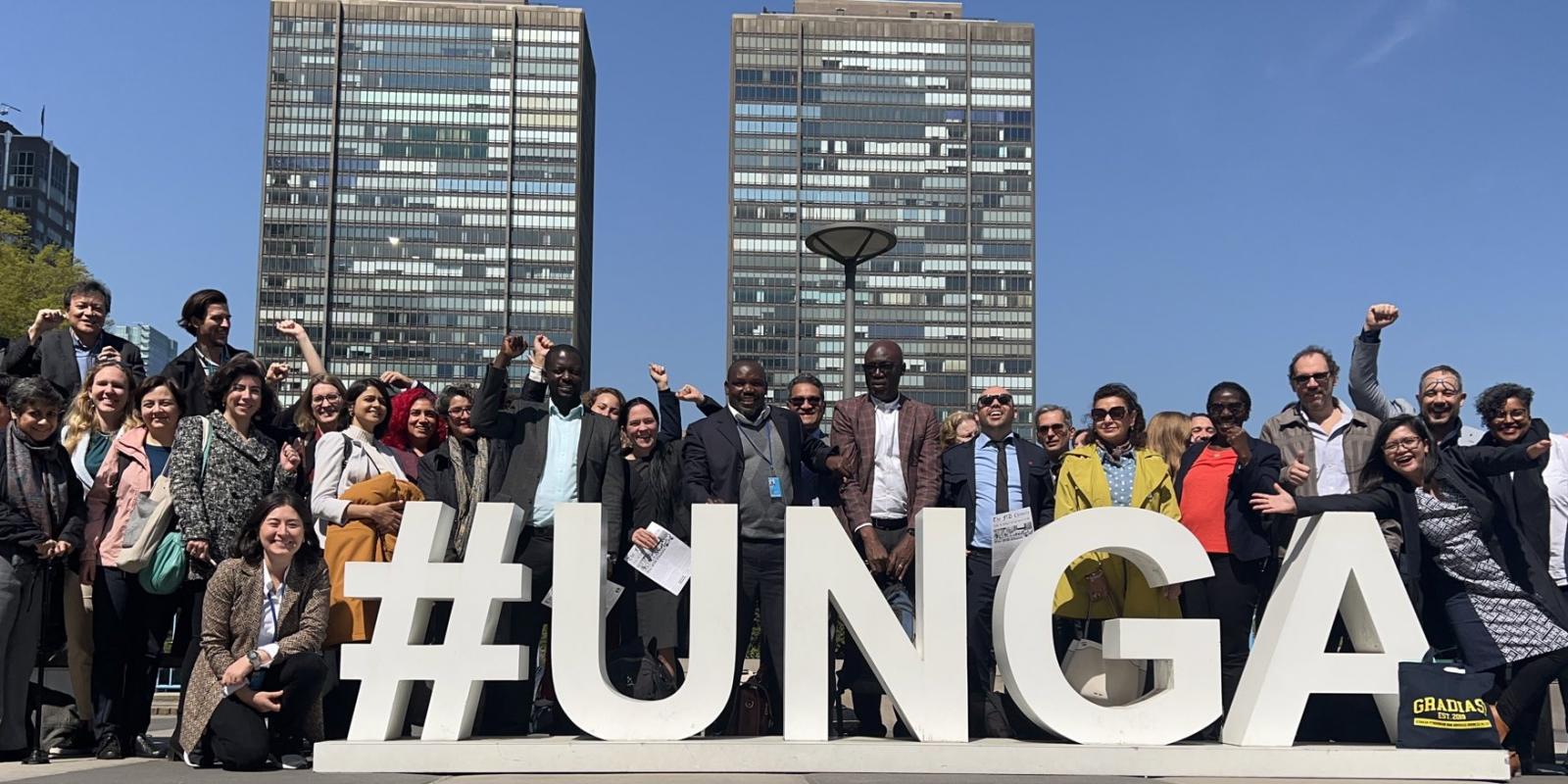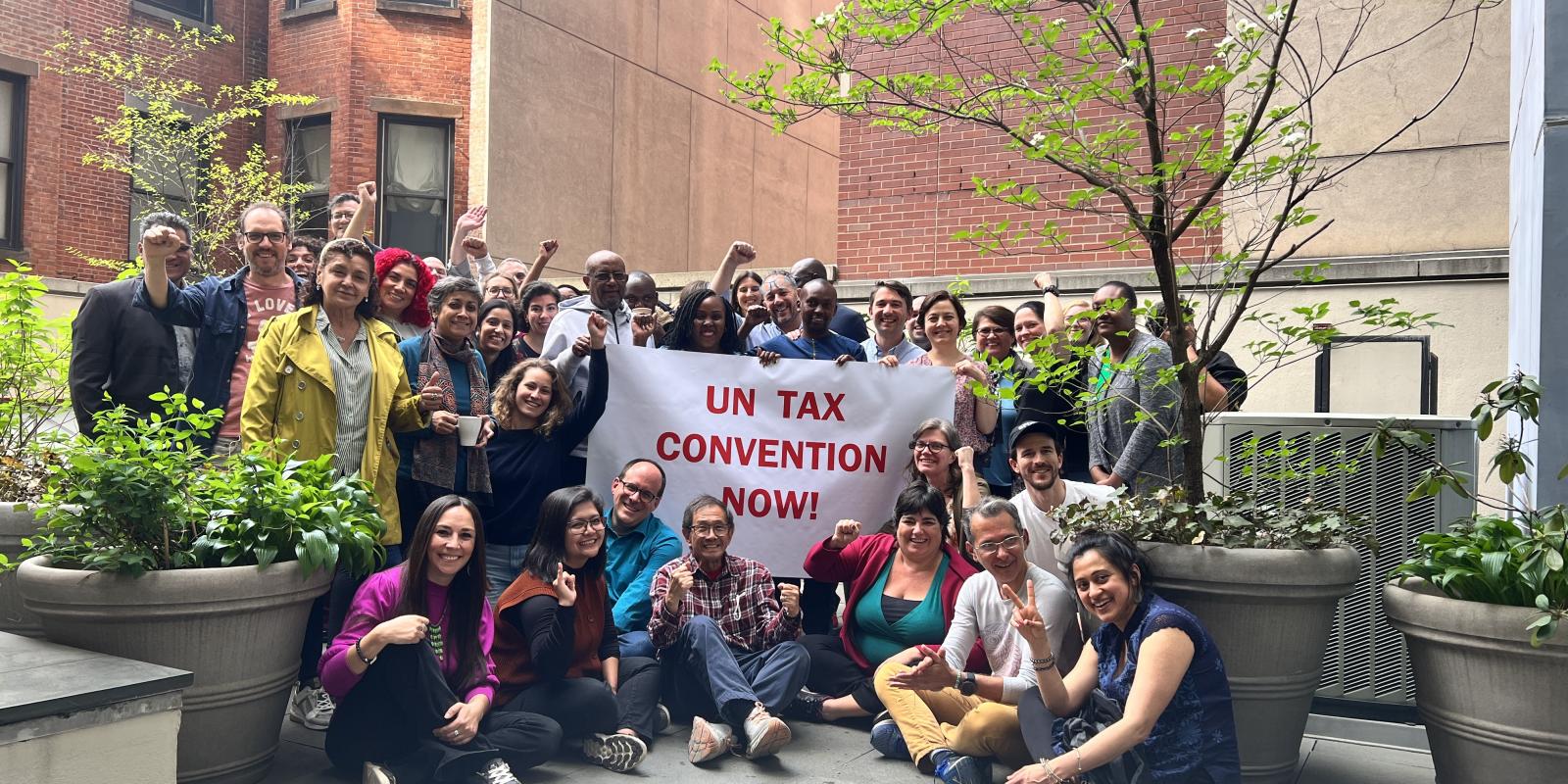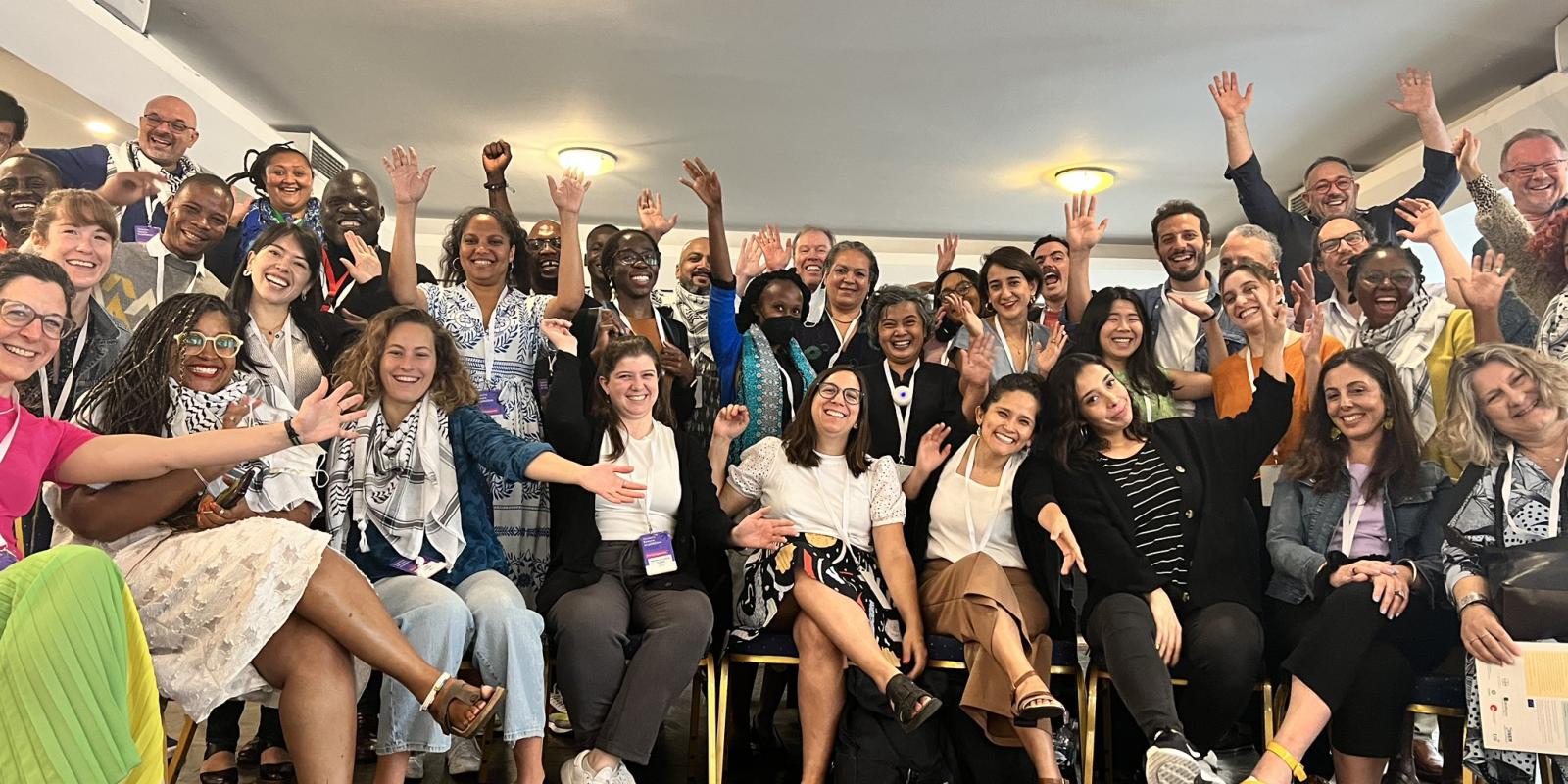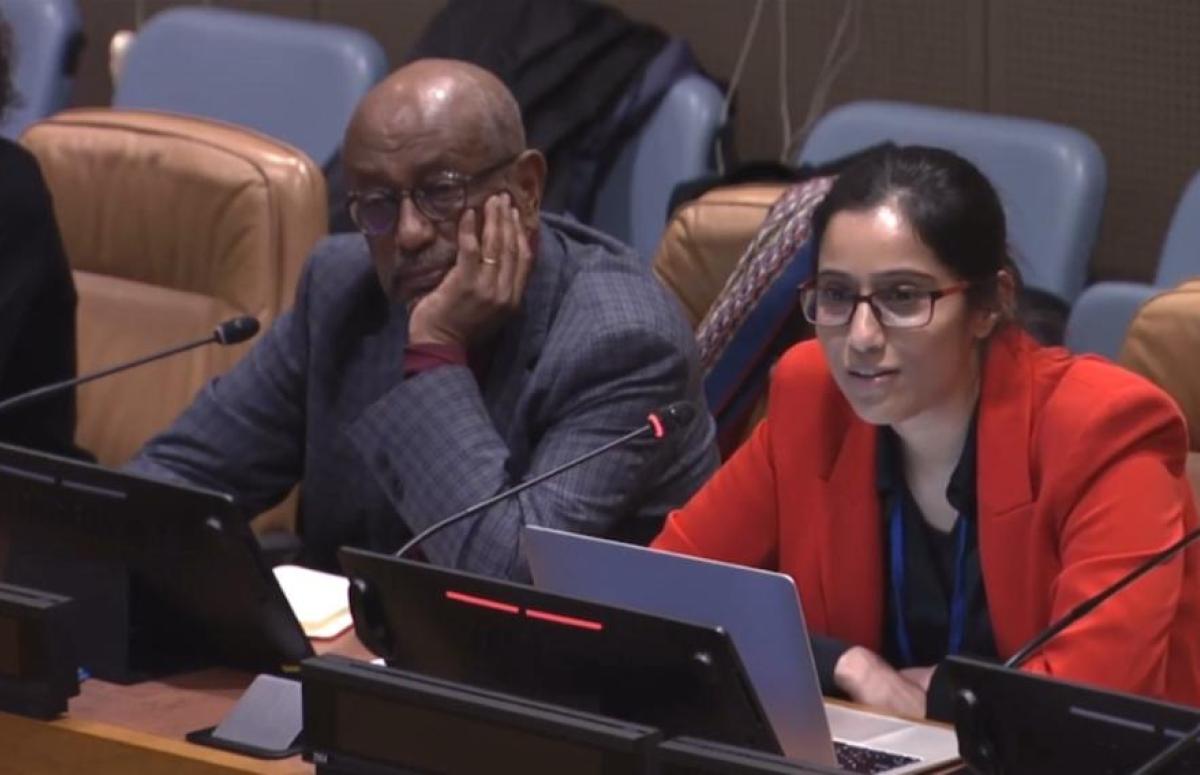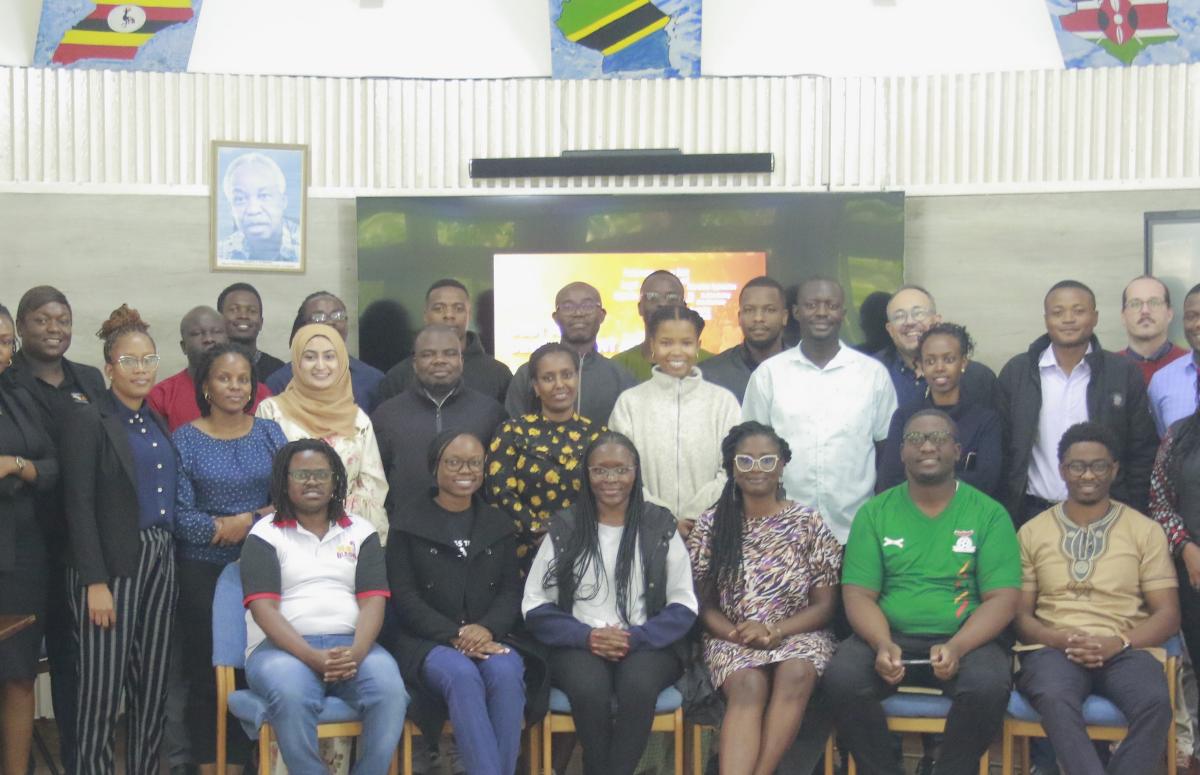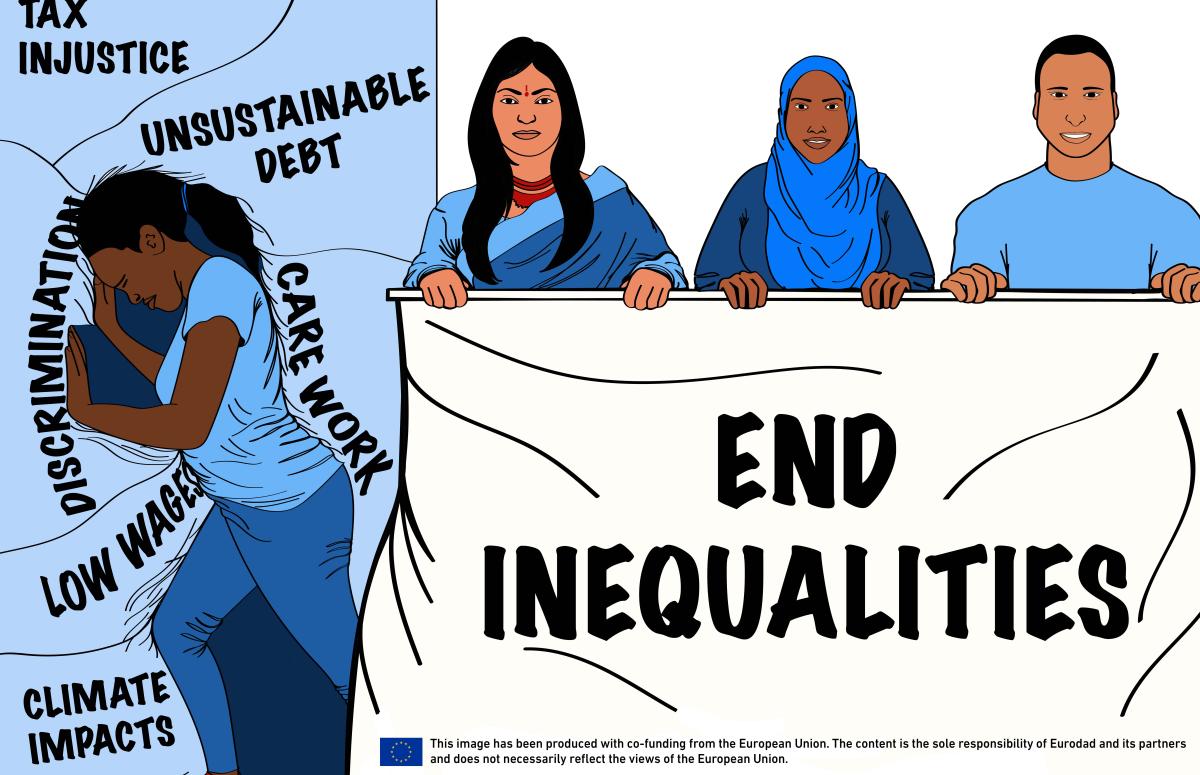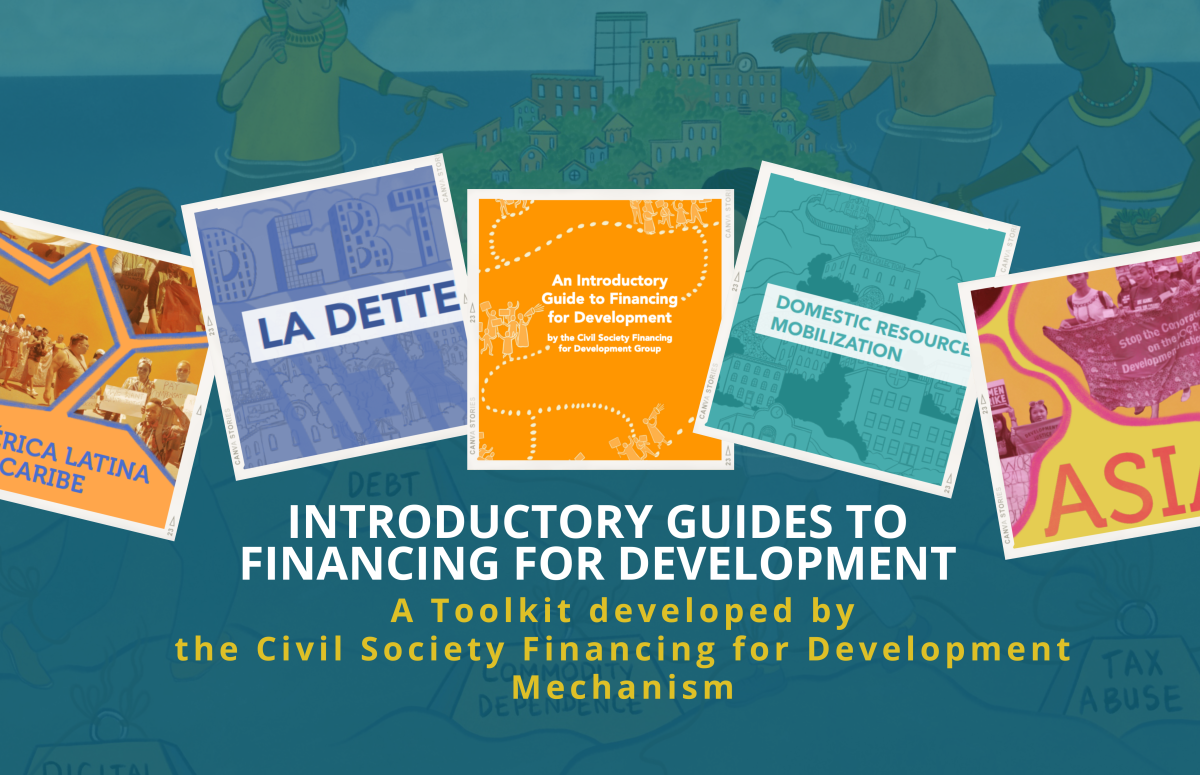SID's Work
SID’s work on Economic Justice is anchored on a systemic approach to overcoming global inequalities. We see the UN Financing for Development process as a key space to push for the urgent systemic economic governance reforms needed to expand the policy and fiscal space of global south countries to advance socio-economic transformation.
SID has been involved in the FfD process from the very beginning. SID is part of the coordination of the Civil Society FfD Mechanism, which is an open civil society platform actively engaged in bringing CSO voices and demands to the FfD process. The Mechanism has been active in its present format (Global Social Economy Group — GSEG listserv) since the Doha FfD Review Conference in 2008, though many of its members have been engaged since the Monterrey FfD Conference in 2002. CS FfD Mechanism’s core principle is ensuring that civil society can speak with one collective voice and activities can include joint advocacy and campaigning, writing position papers and targeted statements, advancing CSO positions and allocating representatives to official sessions, doing joint evaluations of official papers, media work, among others. To learn more visit: www.csoforffd.org
In addition, SID has been engaged in collective campaigning and policy advocacy to challenge the growing “private-first” orientation of development finance. Despite the wealth of evidence showcasing the limits of this approach, the ideology of leveraging the private sector and private finance for development continues to drive privatizations and PPPs and, more recently, digitalization. In order to contrast this trend, SID has been an active member of Our Future is Public collective processes, which have mobilized a diverse group of organizations, movements and networks to reclaim and rebuild public services as the foundation of a fair and just society and economy that work for all. In addition, the Doing Rights not Rankings Campaign, co-coordinated by SID, has contributed to further alignment between CSOs on a common advocacy agenda against not only the World Bank’s Doing Business reports (DBR) and rankings, but the overall content of the Bank’s policy advice, economic development model and governance structure. The campaign culminated in important public pressure against the DBR, which was finally terminated after 18 years of harmful impacts and the latest round of political manipulation scandals.
In sum, SID’s economic justice programme works to redefine and strengthen the fiscal space discourse, reconnecting public sector capacity to the expansion of local economies and domestic resource mobilization in the context of systemic reforms of tax and debt regimes. Such discourse allows a powerful narrative that could pull economic justice movements and sectoral civil society networks much more closely together.

